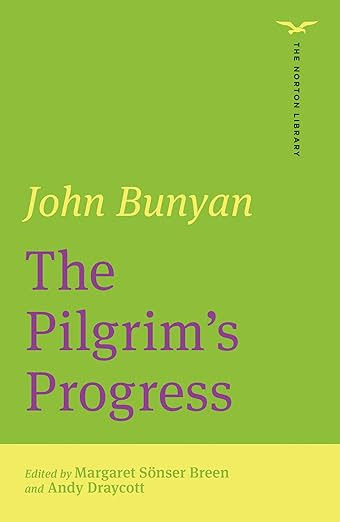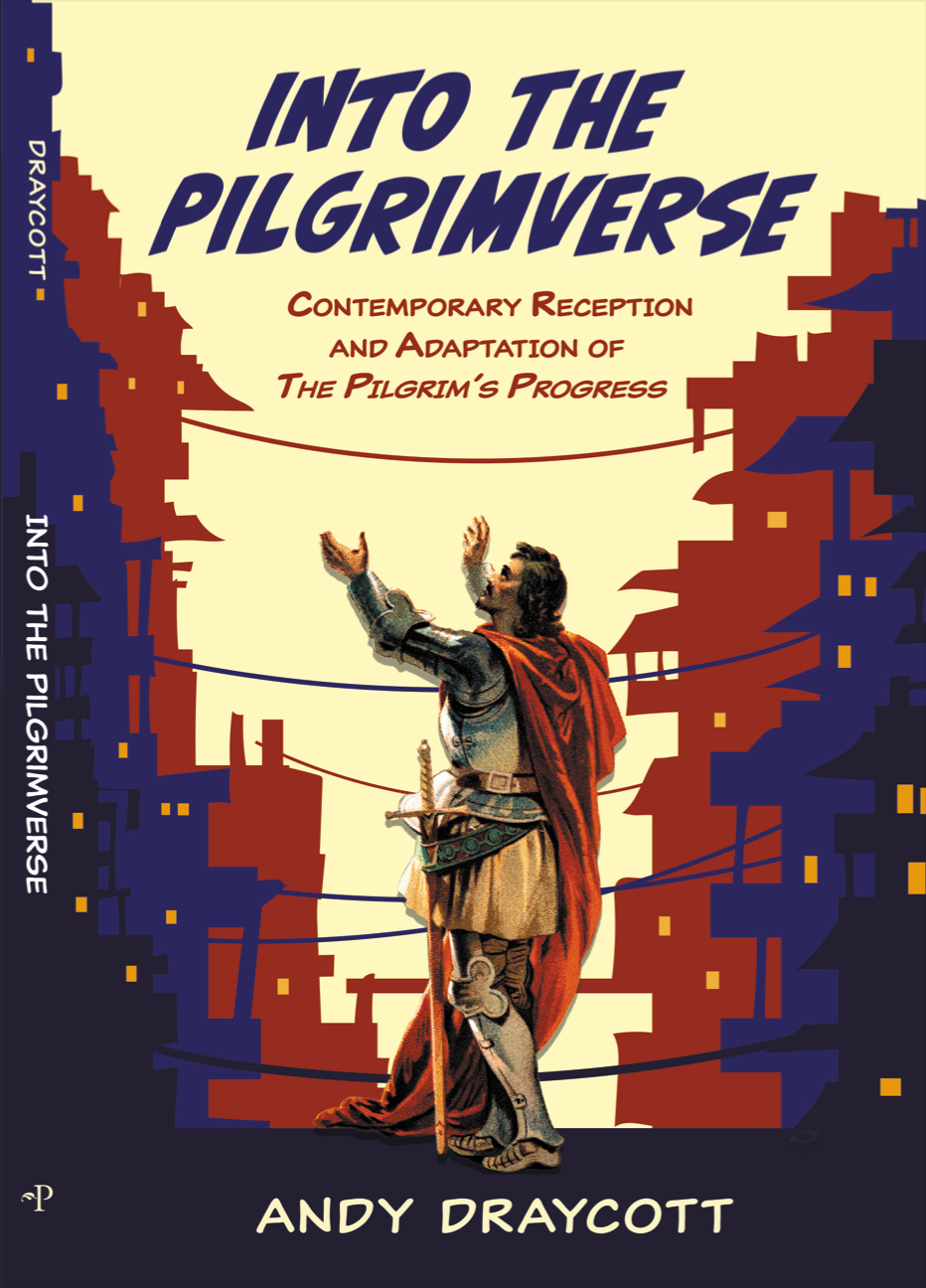Praises or Prayers, and the limits of editing license.
- andydraycott7
- Jan 10, 2023
- 2 min read
It's probably worth noting in this space that a lot of my research and writing time this season is dedicated to work on a new edition of TPP. I'm working with a co-editor over Zoom on a weekly basis. We are compiling notes as well as gently editing the text. I'm learning a ton of stuff in the process.
For now, this last week we were in a part of Part II where Christiana and Mercy are knocking at the Wicket Gate for entrance onto the narrow path to the Celestial City. On multiple occasions Bunyan makes clear in his marginal notes that this approaching and knocking at the gate has the allegorical meaning of prayer. So, when perplexed that a dog hounds them at the gate the marginal note reads: The Dog, the Devil, and Enemy to Prayer, followed immediately by Christiana and her companions perplexed about Prayer. When Christiana is through the gate and Mercy remains on the other side, the former pleads with the gatekeeper for the latter and the marginal note says, Christiana’s Prayer for her friend Mercy.

Spoiler: Mercy is admitted entrance. She marvels at the fact, but Christiana reassures here that her knocking was formidable: Bunyan notes in the margin, Christiana thinks her Companion prays better than she. Mercy is, however, still anxious that her desperate cries to enter may have offended the gatekeeper with 'rudeness'.
Christiana reassures Mercy thus: When he heard your lumbering noise, he gave a wonderful Innocent Smile. I believe what you did pleased him well enough.
Here Bunyan gives a companion note that reads, Christ pleased with loud and restless praises.
And where we read praises, we would have expected instead, for continuity's sake to read prayers. Her prayers were loud and restless, surely?
George Offor notes, in the 1847 Hansard Knollys edition, the first really 'critical' edition, that 'praises' was changed to 'prayer' in 1726. That editorial change would certainly make sense. But we are left to suppose either that Bunyan intended 'prayer' but somewhere in the process of printing the word, easily enough, it got changed to praises; and, furthermore, that through the multiple editions of his lifetime, this discrepancy was not spotted by him or another reader. Or he intended 'praises' all along: after all, prayer and praise are not far removed from each other.
I can see that 'praises' might be an uncaught typo. 'Prayer' rather than 'praises' makes tighter sense, but as editors, unlike in 1726, we ultimately don't have any grounds to depart from what the early editions offer.



Comments